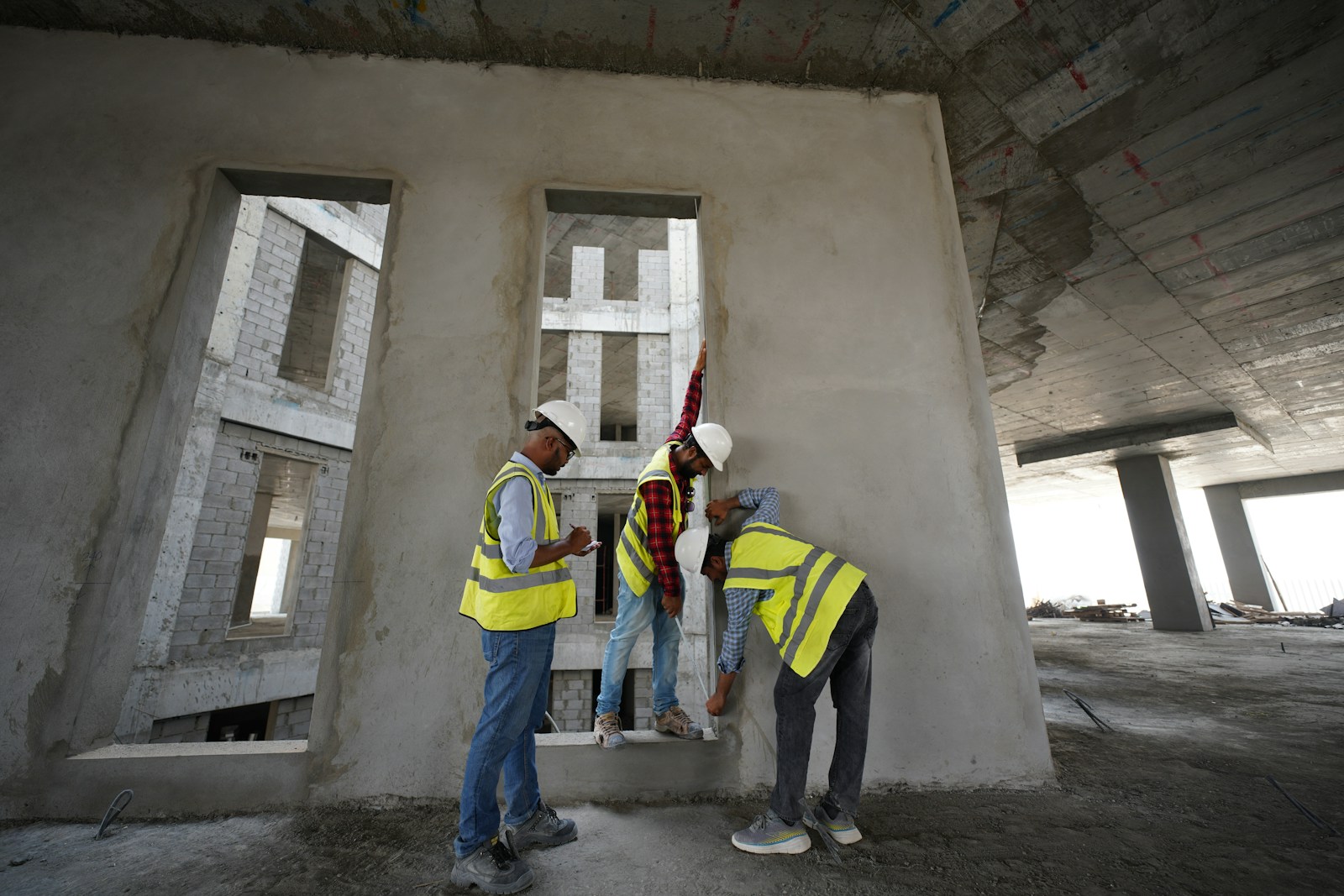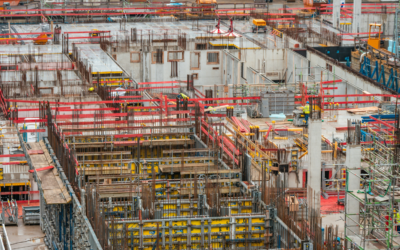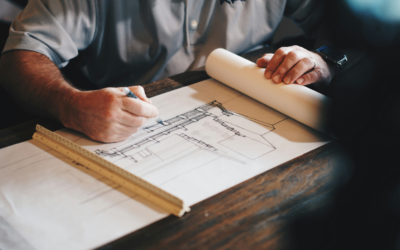When you’re planning a major construction project, one of the most critical decisions you’ll make happens long before breaking ground. Choosing the right project delivery method—the framework for planning, designing, and building your project—can make all the difference. This choice directly impacts cost, scheduling, quality, and your level of control, especially in sectors like healthcare, senior living, and education, where minimizing disruption is not just a goal, but a necessity.
As a family-founded construction firm with decades of experience, we’ve seen firsthand how a well-matched strategy leads to success. Two of the most common, yet often confused, approaches are Construction Management (CM) and General Contracting (GC). Understanding the distinction is key to ensuring your project is completed on time, within budget, and to your exact standards. Let’s break down what each role entails and how to decide which is right for you.
How Construction Managers Guide Project Management from Day One
A Construction Manager, or CM, is your expert partner from the very beginning. My role as a CM is to join your team during the design phase, serving as your advocate and advisor to guide the entire project. We don’t wait for plans to be finished; we help shape them. From day one, we focus on making your vision feasible, cost-effective, and successful.
Our process starts with comprehensive pre-construction services. We develop detailed budgets and provide early cost estimates, giving you a clear financial picture before major investments are made. We also conduct thorough risk assessments to identify potential challenges, from supply chain issues to regulatory hurdles. This proactive approach allows us to coordinate all construction activities, oversee a team of professionals and subcontractors, and provide steadfast project management support throughout development. A strong CM brings specialized knowledge, often backed by formal education, degrees in engineering or architecture, and extensive training in the latest construction methods and technologies.
Why Construction Management Works Well in Complex, Occupied, or Sensitive Environments
The Construction Management model truly shines in projects where the stakes are highest. Think of renovations in an active senior living community, an expansion of a busy hospital, or upgrades to a university campus during the semester. In these occupied environments, you can’t afford operational downtime or disruptions to residents, patients, or students.
This is where the value of early collaboration becomes clear. By working with architects and engineers from the start, we perform feasibility analyses that ensure the design aligns with your operational needs. We provide real-time cost estimation updates as plans evolve, preventing budget surprises. At South Coast Improvement, we leverage advanced tools like Building Information Modeling (BIM) for precise construction planning and scheduling, ensuring every phase is meticulously coordinated for maximum quality assurance and efficiency. This integrated approach is essential for delivering complex projects with minimal disruption.
Understanding the Role of the General Contractor
A General Contractor, or GC, typically enters the picture after the design phase is complete. Armed with a full set of plans and specifications, the GC’s primary role is to execute the build. They manage the day-to-day on-site operations, coordinating labor, equipment, and materials to bring the architect’s vision to life.
The most common delivery method involving a GC is design-bid-build, where different firms handle design and construction. The owner solicits bids from multiple GCs, and the project is often awarded based on a fixed price. The GC then takes on the responsibility for hiring subcontractors, managing procurement, and ensuring the project is completed according to the contract. Their focus is on controlling resources and adhering to the established timeline, budget, and safety protocols on site.
When General Contracting Is the Best Fit
The General Contracting model is an excellent fit for straightforward projects with a well-defined scope. If you have complete, finalized construction documents and a clear vision of the end product, a GC can provide the execution-focused leadership needed to get the job done. This approach works well for new commercial builds, standard residential projects, or renovations where the plans are predictable.
In this model, the GC carries the responsibility for delivering the project for the agreed-upon price and by the specified deadline. They are your single point of contact for all on-site construction activities, ensuring quality and safety standards are met throughout the build.

Photo by Danist Soh on Unsplash
Comparing Project Delivery Methods for Construction Projects
Understanding the fundamental differences between these two roles is key to choosing the right partner. Let’s compare them across a few critical areas.
1. Cost Management & Cost Estimation
With a Construction Manager, cost estimation is an ongoing, collaborative process. We provide initial cost estimates during the early design phase and continuously refine the budget as details are finalized. This transparency gives you greater control over expenses. In contrast, a General Contractor typically provides a fixed price or lump-sum bid based on completed plans, which can offer cost certainty but less flexibility.
2. Control, Collaboration, and Project Management
The CM acts as a partner and advocate for the owner from the start, offering deep involvement in project planning, scheduling, and analysis. This collaborative approach provides you with more control over the project’s direction. A GC’s involvement begins after the design is set, with a more narrowly defined responsibility focused on construction execution.
3. Contract Types & Delivery Methods
Contracts reflect these different relationships. CMs often work under CM-at-Risk (where they guarantee project price) or CM-as-Agent (where they act purely as an advisory professional service) contracts. Other delivery methods like design-build, which we also specialize in, combine design and construction under one roof. GCs most often operate under a design-bid-build model with a stipulated-sum contract.
4. Quality Assurance & Safety
Our CM approach integrates quality assurance and safety planning from the pre-construction phase. By identifying risks and setting standards early, we build compliance into the project’s DNA. With traditional GC structures, these processes typically begin once construction starts, which can be less effective in complex or highly regulated environments.
Matching Delivery Methods to Your Goals, Budget, and Timeline
So, which path is best for your project? At South Coast Improvement Company, we don’t believe in a one-size-fits-all answer. My first step is always to listen. I’ll sit down with you to assess your project’s unique characteristics: its size, sector, and scope, as well as your operational challenges and desired level of involvement.
Together, we’ll balance your goals for investment, cost, schedule, and risk to determine the best approach. Our diverse portfolio, spanning senior living, healthcare, hospitality, education, retail, and capital projects, gives us the insight to recommend a strategy that fits. Whether you need an expert to manage a complex renovation in an occupied space or a reliable team to execute a straightforward build, we’ll guide you to the right solution.
Our Experience Across the Construction Industry
For decades, South Coast Improvement Company has excelled at managing both Construction Management and General Contracting delivery methods. Our clients trust us because we offer the flexibility to serve their specific needs, backed by a proven track record of success—over 90% of our business comes from repeat clients.
Our single-source model means you have one accountable partner to guide you, regardless of the delivery method. We equip our scalable teams with powerful construction planning tools, including BIM and advanced scheduling programs, and reinforce everything with rigorous safety processes and continuous industry training. Our clients appreciate having a reliable, family-founded team they can count on at every stage.
When You Should Choose Construction Management
- For projects in sensitive, occupied, or compliance-heavy environments like healthcare or senior living.
- When you need pre-construction services, early budgeting, and detailed planning to ensure feasibility.
- For complex capital projects where you want maximum transparency, collaboration, and control.
When You Should Choose General Contracting
- For projects with fully designed plans and a predictable, well-defined scope.
- When you prefer a fixed price and a clearly defined delivery structure.
- For straightforward commercial or residential builds where speed and cost-certainty are top priorities.
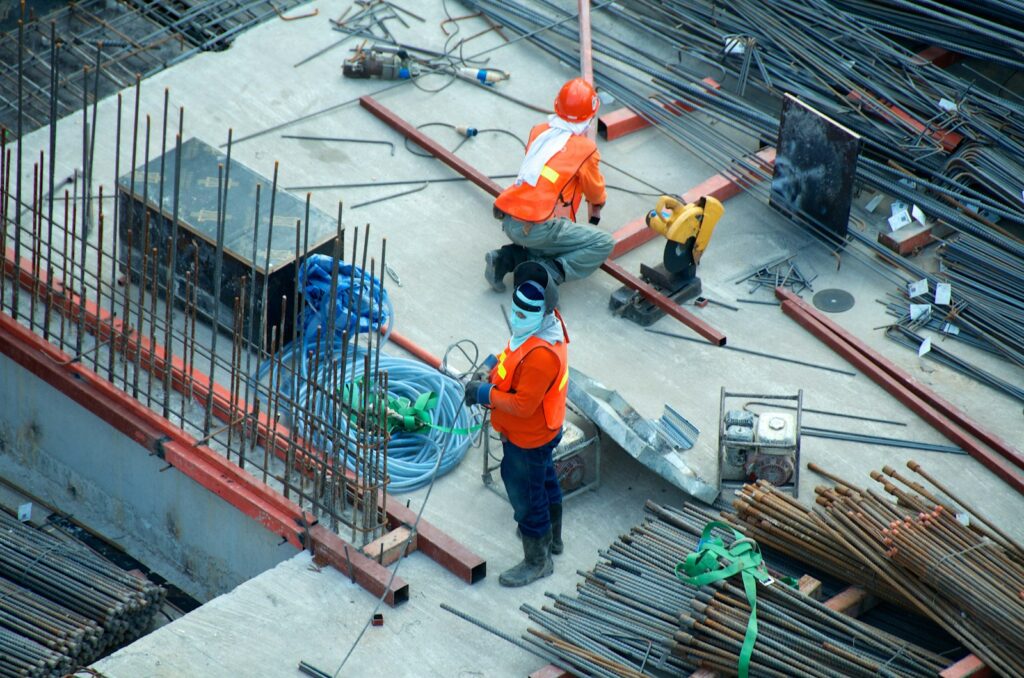
Photo by Etienne Girardet on Unsplash
Your Project Deserves the Right Strategy from the Start
Ultimately, the choice between Construction Management and General Contracting comes down to your project’s specific needs. A CM offers collaborative, front-end expertise ideal for complex or sensitive projects, while a GC provides execution-focused management perfect for well-defined builds.
Choosing the right delivery method from the beginning saves time, reduces stress, and protects your investment. It ensures a smoother process that delivers on quality, safety, and long-term value.
About Us
South Coast Improvement Company (SCIC) is a family-founded commercial construction firm dedicated to delivering seamless, client-focused building solutions across the East Coast and beyond. From pre-construction and design-build to construction management and general contracting, we provide a single-source model that ensures clarity, accountability, and excellence at every stage of a project.
With expertise in senior living, healthcare, education, hospitality, affordable housing, retail, office, and historic properties, we specialize in projects where safety, compliance, and minimal disruption are critical. Our mission is to combine professionalism, innovation, and integrity to bring our clients’ visions to life—on time, on budget, and with a proven record of repeat success. Discover why 90% of our clients return for their next project.
View Our Work
Aspen Dental
Partnering with The Aspen Group on the construction of a new Aspen Dental facility that’s functional & welcoming for patients & staff alike. South Coast Improvement Company was awarded the construction of a new Aspen Dental facility in Killingly, CT. The...
Springhouse Senior Living – HumanGood
Designed to enhance comfort & functionality. South Coast Improvement company was hired by HumanGood for an interior and exterior renovation at Springhouse Senior Living. Our skilled teamtransformed the 2nd through 5th floor common areas into brighter, more...
